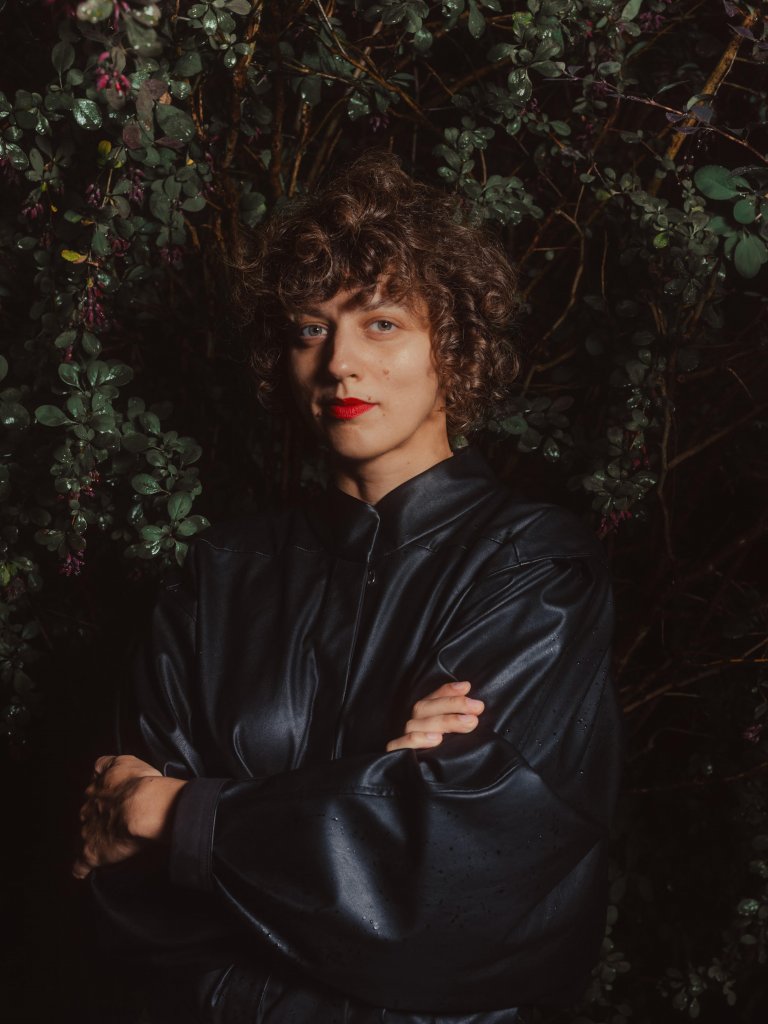*1984 (Poland)
studies: Jagiellonian University in Krakow, major in Comparative Literature
lives and works in Berlin
Visual artist whose work combines contemporary art, research and activism. She works with different media: installation, sculpture, film, artistic interventions. Strangely enough, plants are at the centre of her interest ‒ but in a social and political context, often of a violent nature. She perceives the landscape as a living archive in which traces of past events are recorded. In her projects, she gives space to experts from different disciplines as well as local residents to allow for interaction and knowledge exchange. It responds to current world events and retroactively revisits older ones. It bridges time and space. Against the backdrop of great histories, it explores in both plants and people everyday activities, practices of weak resistance, seemingly unobserved gestures that manipulate moments in history.
Białowieża Forest (2017-2024)
Białowieża Forest is the last remaining primaeval forest in Europe. The majority of it is a natural forest, which means it has developed without any human interference. It is the only natural site in Poland listed as a UNESCO World Heritage Site. This pristine place has been a site of conflict for several years now. The first took place in 2017 and was a conflict of two worldviews, one fighting to preserve the forest for its ecological and biological values and the other seeing the forest only as a source of raw material that can be sold. In Still Life, the contrast between the market value of the forest’s raw material and its value as a natural forest, a place of heritage and the common good is represented by a pallet made out of black oak – the most luxurious and expensive European wood, which gets its dark hue from being soaked in water for hundreds of years. In Still Life Grzywnowicz used certified wood, that was under water for more than 1350 years.
In 2021, Białowieża Forest became the scene of a humanitarian crisis that continues to this day. Refugees seeking a safe place have become victims of the cynical political game of the authorities who, violating human rights, condemn people to suffering, illness and death in the forest. The wall that has been built along the entire Polish-Belarusian border is a monument to political, ethical and environmental failure. In collaboration with refugees and volunteers, Karolina Grzywnowicz explores the role of smell as a camouflage, a tool of resistance and healing.
